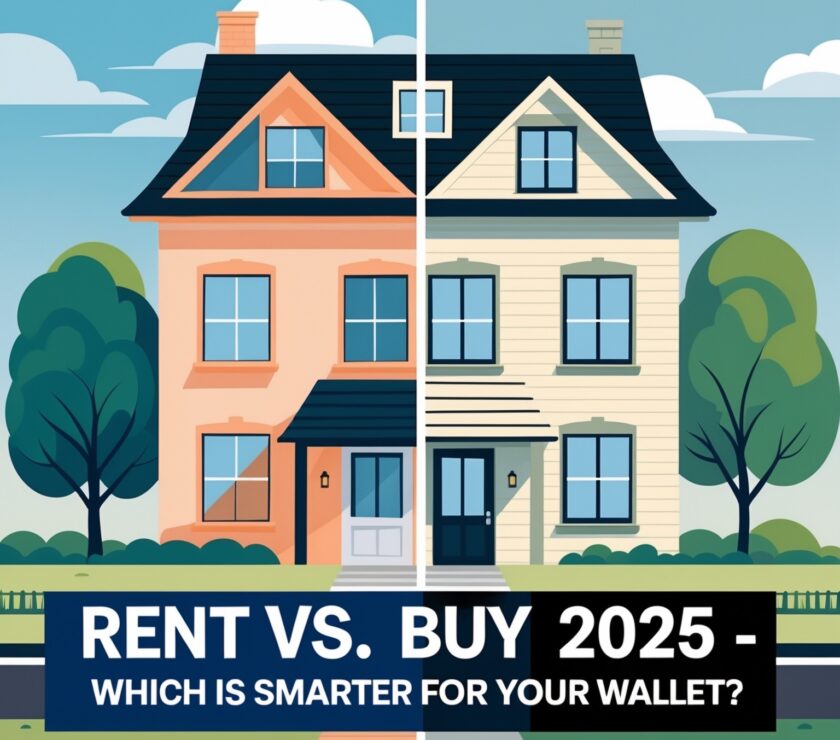In a world where employment is often seen as the ticket to financial stability, it may come as a shock that nearly 29% of households with jobs are still grappling to meet their basic needs. This staggering statistic sheds light on a harsh reality: having a job does not always equate to economic security.
According to recent data, a significant portion of working households find themselves walking a tightrope between financial stability and hardship. Despite earning a steady income, these households are teetering on the brink of poverty, with just one unforeseen emergency threatening to push them over the edge.
So, what exactly is driving this precarious situation for so many working families? Experts point to a myriad of factors, including stagnant wages, rising living costs, and inadequate social safety nets. While employment provides a crucial lifeline, it often falls short of ensuring a decent standard of living in the face of mounting financial pressures.
Moreover, the COVID-19 pandemic has exacerbated these challenges, exposing and exacerbating existing inequalities within our society. The economic fallout from the pandemic has disproportionately impacted low-income workers, exacerbating financial hardships and widening the gap between the haves and the have-nots.
Addressing this crisis requires a multifaceted approach that tackles the root causes of economic insecurity. This includes initiatives to raise the minimum wage, expand access to affordable housing and healthcare, and strengthen social support programs.
Furthermore, fostering a culture of financial literacy and empowerment can equip individuals and families with the tools they need to navigate economic uncertainty and build a more resilient future. By investing in education and resources that promote financial well-being, we can empower working households to break free from the cycle of poverty and achieve economic stability.
Ultimately, the plight of working households struggling to make ends meet serves as a stark reminder of the urgent need for systemic change. As we strive to build a more equitable and inclusive society, it is imperative that we prioritize the well-being of all individuals and families, ensuring that no one is left behind in the pursuit of economic opportunity and prosperity.





